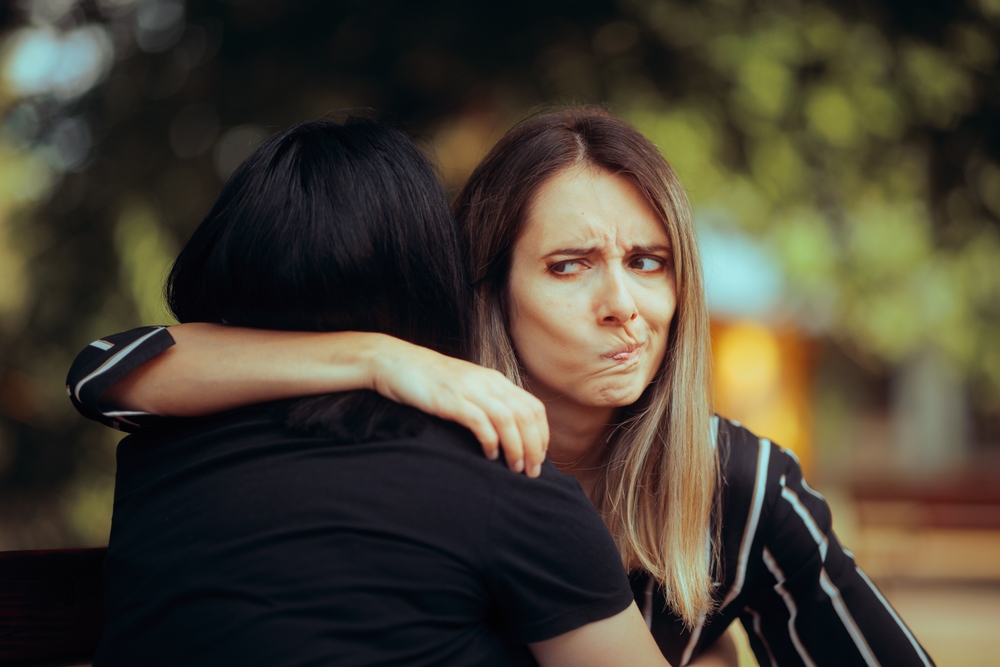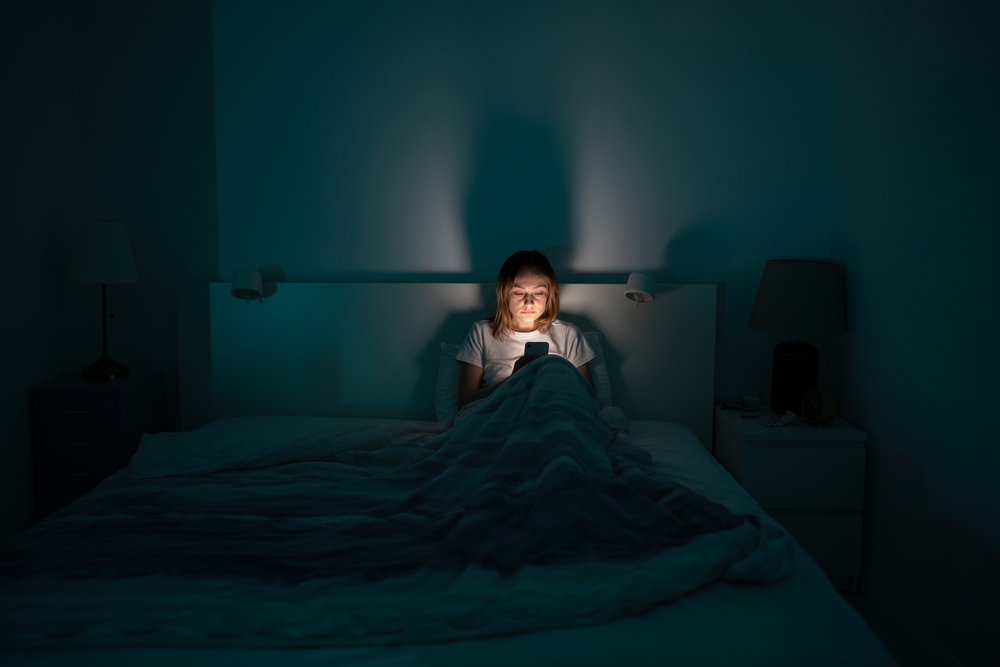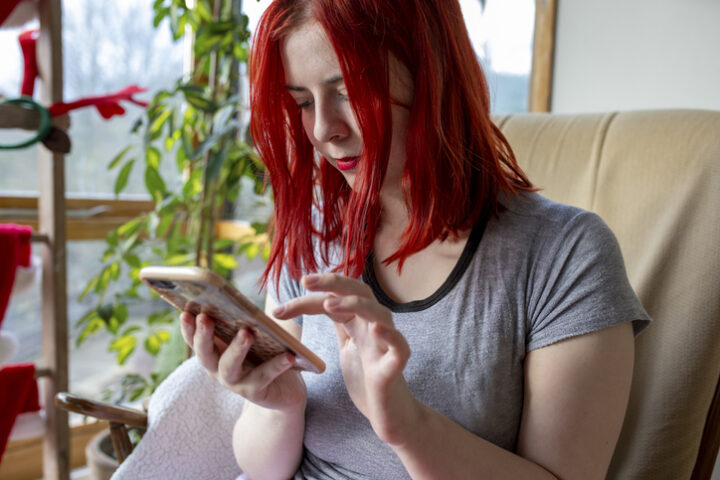Most people won’t admit it out loud, but there often comes the moment they consciously decide to stop trying to maintain friendships. While society keeps pushing the “you need friends to be happy” narrative, some people are quietly closing the door on friendships altogether. Here’s why.
1. They’re Tired of One-Sided Relationships

Imagine always being the one who texts first, plans everything, and keeps the friendship alive while getting radio silence in return. After years of being the friendship life support system, some people just unplug. They’re done being the only one who remembers birthdays, checks in during tough times, or suggests catching up. When you realize you could stop initiating contact and literally never hear from these “friends” again, the appeal of maintaining these connections starts to fade,
2. The Friendship ROI Has Gone Negative

They’ve done the emotional math and realized friendships are costing them more than they’re getting back. We’re not just talking about money (though constantly being the one to pick up the tab gets old), but emotional energy, time, and mental space. When every social interaction leaves you feeling drained instead of energized, when you need three days to recover from a two-hour coffee date, you start wondering if friendship is a luxury you can’t afford.
3. Life Stage Mismatch Has Become Too Real

Remember when everyone was on the same page—single, broke, and free? Then life happened. Some friends got married and vanished into couple-land, others had kids and can only talk about sleep schedules, and some are still living like it’s sophomore year. Trying to maintain friendships across these life stages feels exhausting. Some people decide it’s easier to go solo than constantly translate their life experiences for others who just can’t relate anymore.
4. The Drama-to-Support Ratio is Out of Whack

They’ve realized their friend group generates more drama than an Apple TV series, but with none of the entertainment value. Every get-together turns into a theater production of someone’s latest crisis, complete with mandatory audience participation. When you find yourself dreading the next installment of “Who Said What About Whom” or “Why Is Everyone Mad This Week,” the idea of alone time starts looking mighty appealing.
5. Social Media Has Killed Real Connection

Watching their “friends” live-tweet their lives while ignoring actual messages has gotten old. They’re tired of maintaining digital friendships with people who like every Instagram post but can’t make time for a real conversation. When your closest friends know more about your life from your TikTok than from actually talking to you, something’s wrong.
6. The Authenticity Gap Has Become Unbearable

They’re exhausted from maintaining the social mask—pretending to care about things they don’t, laughing at jokes they don’t find funny, and playing along with social conventions that feel meaningless. The energy it takes to be the “appropriate” version of themselves in social situations has become too much. When being alone is the only time you can truly be yourself, you start questioning why you’re trying so hard to maintain connections that require you to be someone else.
7. Past Betrayals Have Changed the Game

After being burned one too many times by trusted friends, some people decide the potential for friendship isn’t worth the risk of betrayal. Whether it was secrets shared, trust broken, or loyalty tested and failed, these experiences have fundamentally changed how they view friendship. It’s like having food poisoning so bad you swear off that restaurant forever—even if it wasn’t the restaurant’s fault, the association is too strong to ignore.
8. Their Standards Have Evolved (But Their Friends Haven’t)

As they’ve grown and developed higher standards for themselves and their relationships, they’ve realized many of their friendships don’t make the cut anymore. They’re no longer interested in surface-level connections or relationships based on shared history rather than shared values. When you start requiring more from friendships—emotional intelligence, personal growth, meaningful conversations—you might find your friend pool shrinking.
9. The Effort-to-Benefit Equation Doesn’t Add Up

Between work, family obligations, and basic self-care, maintaining friendships has started feeling like another job they didn’t sign up for. They’ve looked at the time and energy required to maintain meaningful friendships and decided that investment could be better spent elsewhere. When scheduling a simple coffee date requires more coordination than a business call with 20-plus people, solo living starts looking like the more efficient option.
10. They’ve Found Peace in Solitude

Some people accidentally discover during periods of isolation (hello, pandemic) that they actually prefer their own company. They’ve realized that the anxiety of managing social obligations and the pressure to maintain friendships was causing more stress than the supposed benefits of friendship were worth. It’s kind of like taking your bra off at the end of a long day—you wonder why you didn’t do it sooner.
11. Their Career Has Altered Their Priorities

Their ambitious professional goals leave little room for maintaining friendships. When every spare moment is dedicated to career advancement, side hustles, or professional development, friendships become really hard. They’ve decided that if something has to give, it’s going to be the social obligations rather than their professional aspirations.
12. They’re Tired of Being Everyone’s Therapist

Years of being the designated emotional support human has left them drained. They’ve realized most of their “friendships” are actually unpaid therapy sessions where they’re expected to counsel, advise, and support without receiving the same level of emotional support in return. When your friends only call when they’re in crisis but disappear when you need them, becoming a hermit becomes quite appealing.
13. Quality Over Quantity Has Led to Zero

Their standards for friendship have become so high that no one makes the cut anymore. While seeking depth and authenticity in relationships is admirable, they’ve reached a point where they’d rather have no friends than settle for connections that don’t meet their ideals. It’s like being a food critic who’s become so picky they’d rather not eat than have a less-than-perfect meal.
14. Past Social Anxiety Has Evolved Into Social Indifference

What started as anxiety about social situations has gradually transformed into a complete lack of interest in them. They’ve realized that after years of dreading social obligations, they’ve actually stopped caring about them altogether. The relief of not having to navigate social dynamics has become more valuable than any potential benefits of friendship.
15. They’ve Redefined What Fulfillment Means

They’ve simply discovered that their personal definition of a fulfilling life doesn’t require the traditional social connections that society insists are necessary. Maybe they find their satisfaction in work, hobbies, family, or their relationship with themselves. They’ve stopped buying into the narrative that a life without friends is somehow incomplete or lacking.








